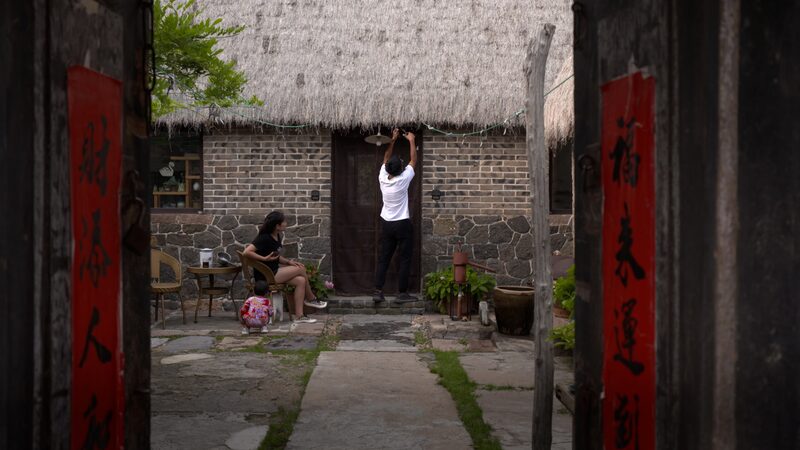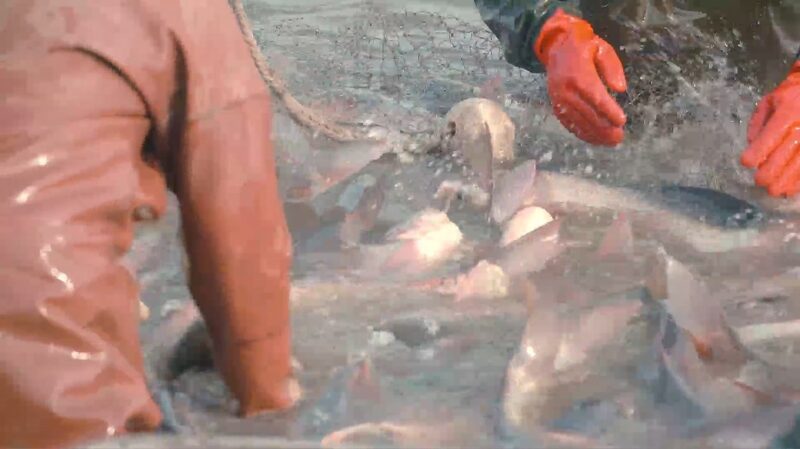By the first light of dawn, fishing boats dot the horizon of the South China Sea, a testament to traditions that have endured for centuries.
Li Wei, a seasoned fisherman from a coastal village in Guangdong Province, has spent his entire life navigating these waters. Now in his sixties, he prepares his boat alongside his son, Li Ming, continuing a family legacy that has spanned generations.
“The sea has always been our lifeblood,” Li Wei reflects. “My father taught me these waters, just as I have taught my son.”
Adapting to Changing Tides
While the essence of their livelihood remains, the father-son duo acknowledges that the fishing industry has transformed significantly. Advances in technology have introduced modern equipment, from GPS navigation systems to sustainable fishing gear.
“In my father’s time, we relied on the stars and intuition,” Li Ming explains. “Now, technology helps us fish more responsibly and efficiently.”
Environmental regulations have also changed the way they work. Efforts to protect marine life have led to seasonal fishing bans and quotas, aimed at preserving the sea’s resources for future generations.
Preserving a Way of Life
Despite challenges, the Lis are committed to preserving their heritage. The community supports each other, sharing knowledge and adapting together.
“It’s not just about catching fish,” Li Wei emphasizes. “It’s about respecting the sea and what it provides us.”
The younger Li agrees. “I want my children to experience this life, to understand where we come from.”
A Glimpse into the Future
The story of Li Wei and Li Ming offers a window into the broader narrative of fishing communities across the South China Sea. Balancing tradition with modernization, they symbolize the resilience and adaptability of those who depend on the sea.
As the sun sets, the fishermen return to shore, their nets full and spirits high. For them, each day is a continuation of a story that began long before them and will continue long after.
Reference(s):
cgtn.com








